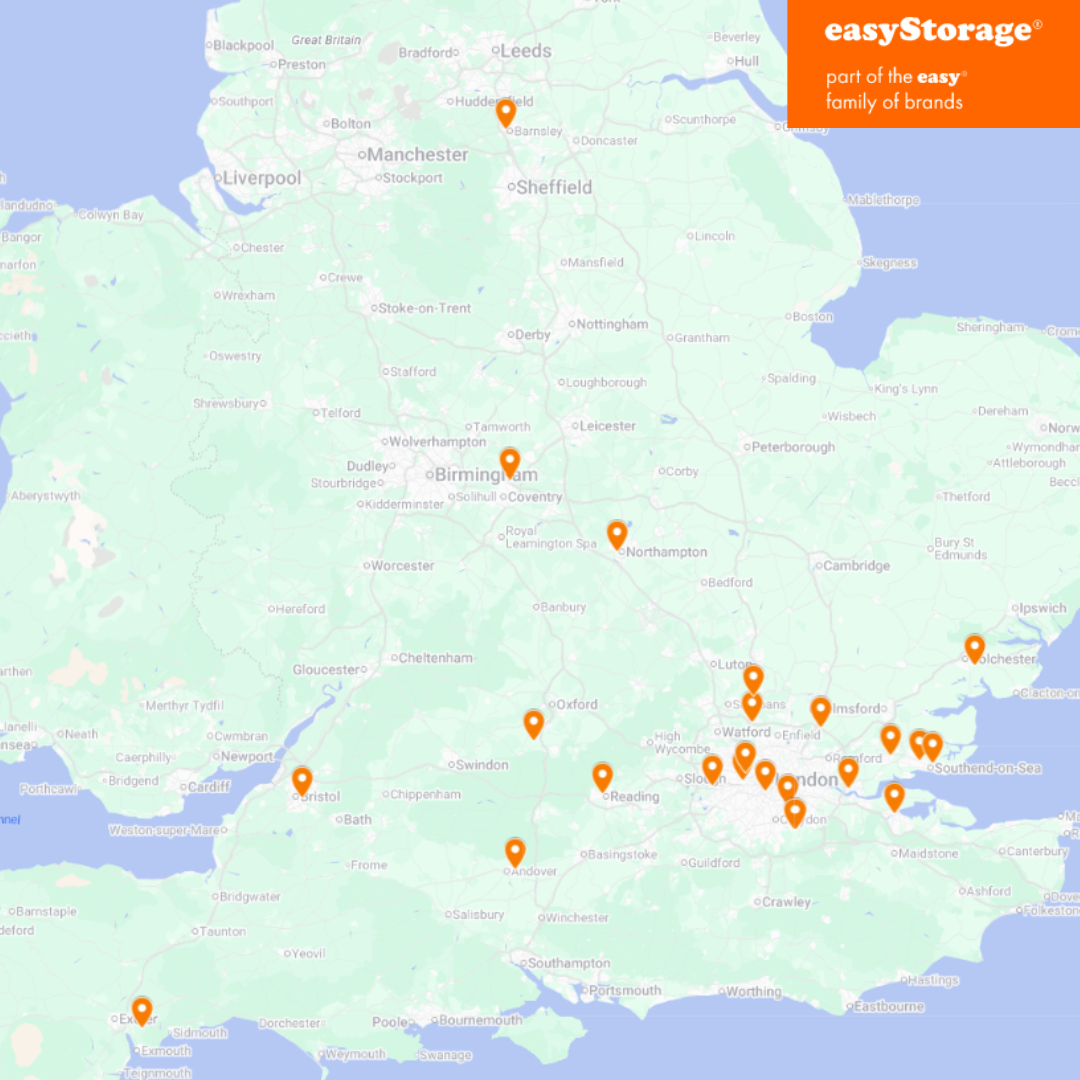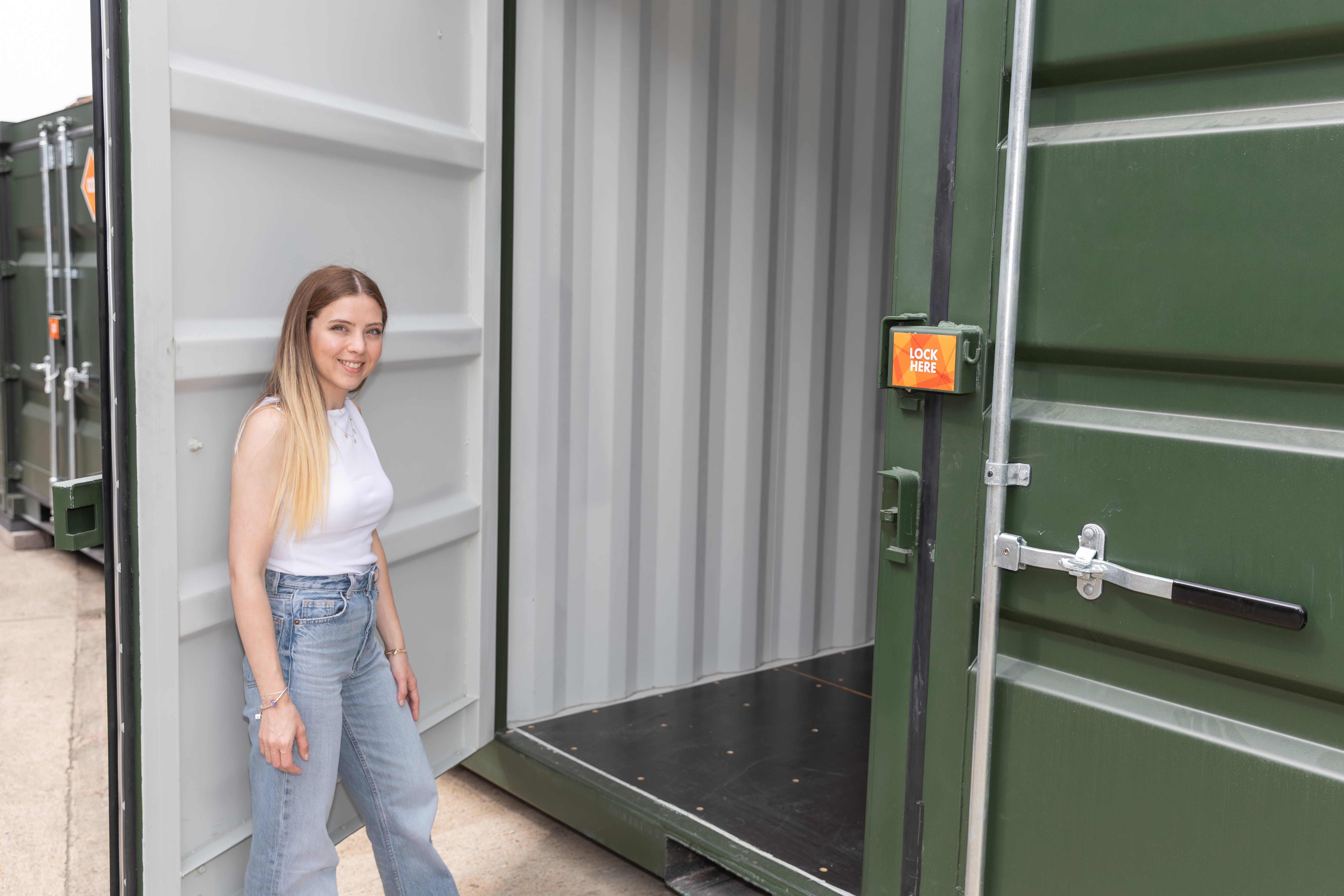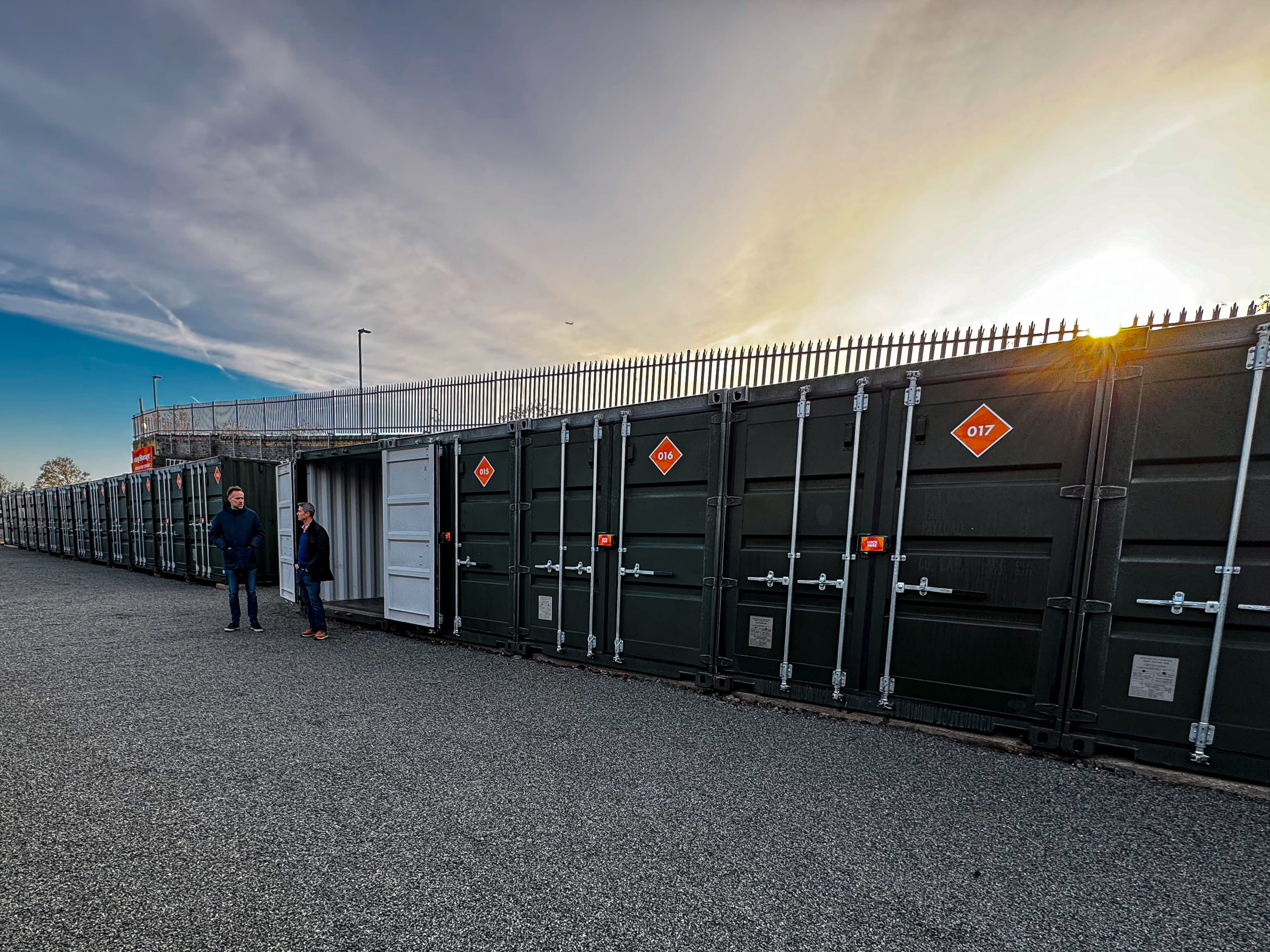Understanding Self Storage Contracts
Renting a professionally run self storage unit inevitably comes with terms and conditions, usually designed to make clear to all parties what’s required of them.
The written agreement - contract - is legally binding. It should include things like the length of the ‘tenancy’ (storage time), each parties rights and duties, and the agreed monthly payment.
It’s wise to read and understand any contract before you sign. If the terms aren’t clear, ask, and get answers in writing, or treat it as a ‘red flag’ regarding the provider.
Things that should be in your contract include the following:
Name(s) on the Agreement
Note that most self storage contracts only allow one name on the storage rental agreement. That person become liable for both payments and for what’s stored.
Security deposit
You may be required to pay a security deposit. This is the storage providers surety, covering them for damage and loss. Make sure that you understand how much it is, and what the conditions are for returning it.
Fees
The contract should be clear about what must be paid as monthly rent. It must say when rent is due, and detail any security deposit.
If you took out the contract with a special deal, the contract should be explicit and how much it is, for how long, and what will happen at the end of the deal. Insist on this being explicit – try not to accept ‘standard rate’ as an answer. Often standard rates are there in the same way as they are in hotels: a price to make people feel they’re getting a bargain, in reality only ever used in desperate or last minute circumstances.
%2520(2).png)
Late Payment Fees
The contract should state what will happen if storage rental money is paid late. Often providers will give a couple of days grace – things happen like changed accounts, lost cards and more. However, if late payment becomes a regular occurrence, their willingness to be flexible may lapse.
There may be clauses regarding what will happen if you can no longer pay your fee. The provider may legally be able to seize goods or charge to the end of the contract.
In reality, they may rather just know as soon as possible and end the contract early, rather than face expensive and time consuming court actions, but this will depend on both your relationship with your storage provider and how much you owe. Make sure you know what the official (default) position is, and always try and be open and honest with your provider.
Other costs
You may be charged for padlocks and keys as part of the arrangement. This will often be non-refundable and the lock will legally belong to the storer (tenant).
The supplier should also advise you if there are costs for access at certain times or emergency access, and advise of any costs for collection, delivery and loading and the like.
What your contact entitles you to, ‘Amenities’
Your contract should have a list of what items you are paying for, such as changing security access codes, trolleys in working order, a lift to upper floors. This will offer you some ammunition to make them act if the landlord doesn’t meet their obligations.
Understand what you may, and may not, store
Self storage facilities have rules about what you may and may not store. Generically, there are things that should never be stored, and with good reason. (See: Ten things not to put into a storage unit.)
%2520(1).png)
If you breach the unit’s storage rules, you may find yourself, and your goods, ejected – and in some cases the goods might even be destroyed or submitted to the police.
So, firstly check that the contract is clear or that you have in writing what you may and may not store, and secondly, if you have any doubts at all, ask. If you are given permission to store things, ask them to confirm in writing. At many traditional self-storage units, personnel change regularly.
Changes in terms and conditions
Your contract should say what will happen if the storage unit’s terms and conditions change in some way, for example a price rise. (You should, in any case, always be given reasonable notice.)
Terminating the Contract
Your contract should state the amount of notice you’ll be given, including if the self storage unit needs to terminate early. Obviously different terms will apply if you’ve broken the terms of your agreement, perhaps by storing something dangerous or trying to live in the unit.
You do, however, have the right, under normal circumstances, to a reasonable amount of notice before termination.
%2520(3).png)
Self Storage Contractual Conditions
The storage unit will include measures in the contract to ensure that both your self storage unit and the whole facility are protected from damages. The storage provider might, for example, need access for repairs or in an emergency.
Note that your self storage landlord is also entitled to lock you out if you’ve failed to pay your storage rental fee. Terms may vary but around six days late is a fairly normal timeframe to prevent access.
.png)
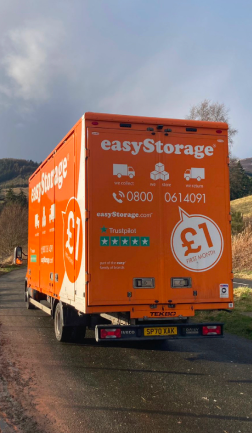
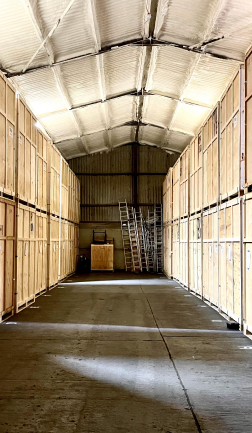
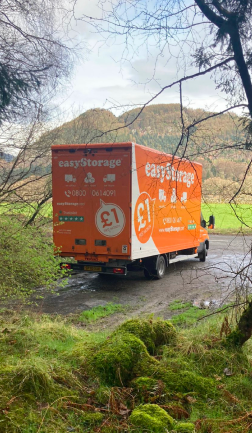
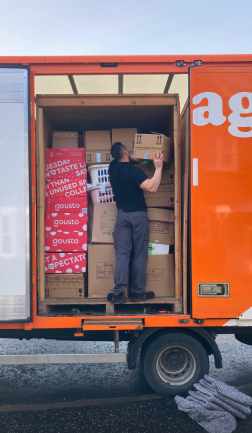
.png)

.png)
